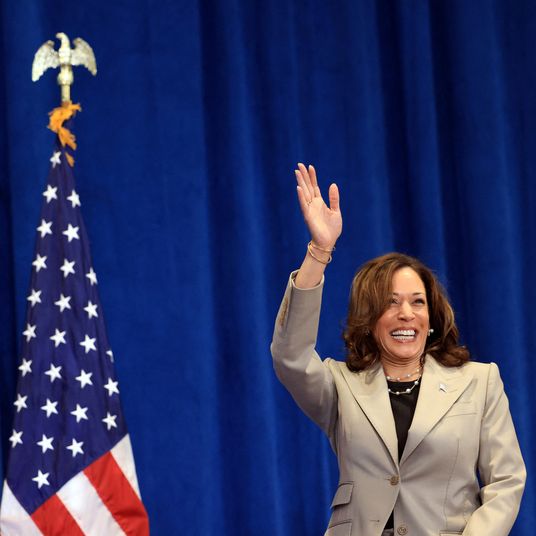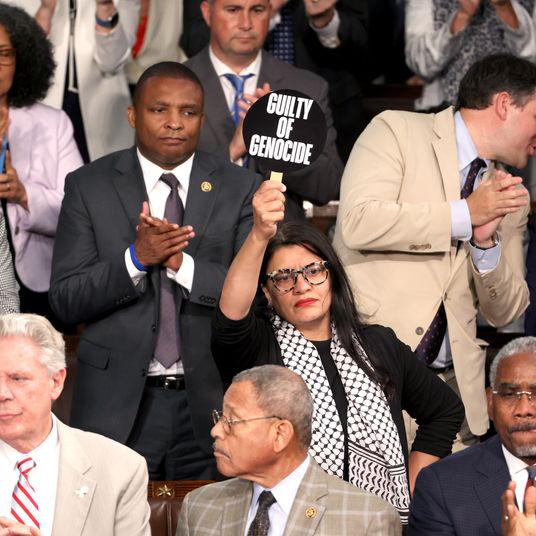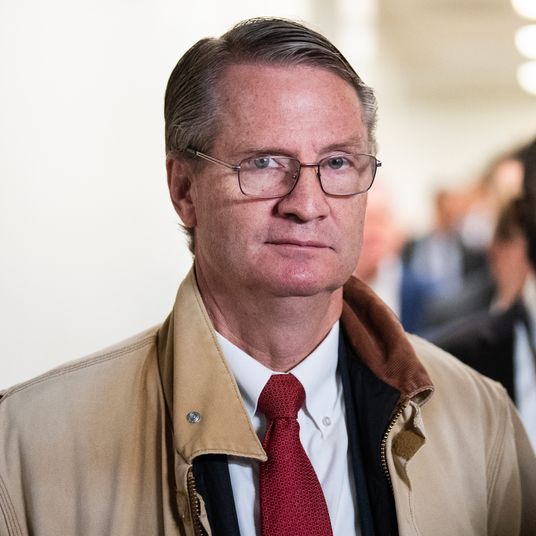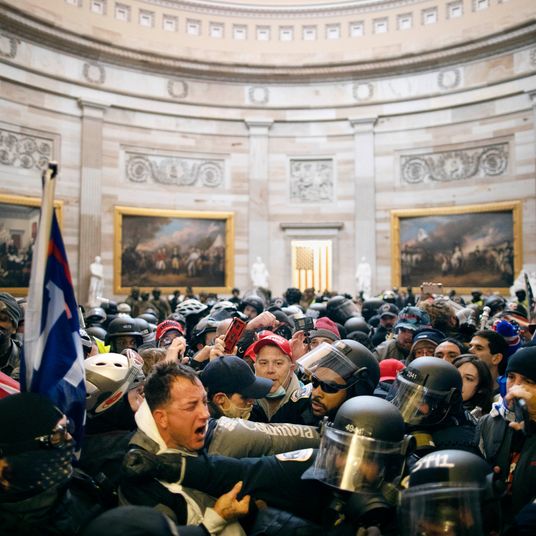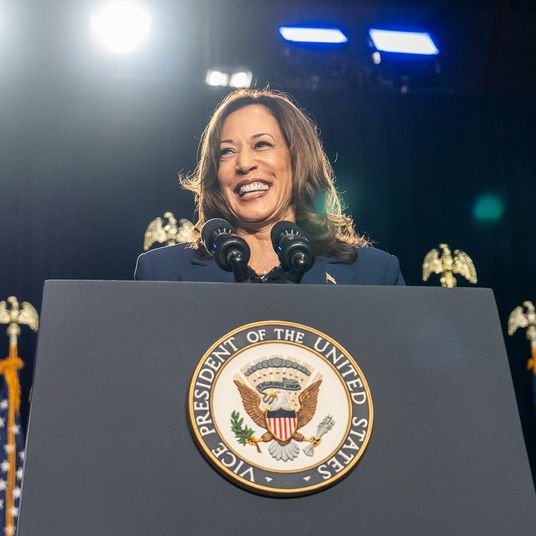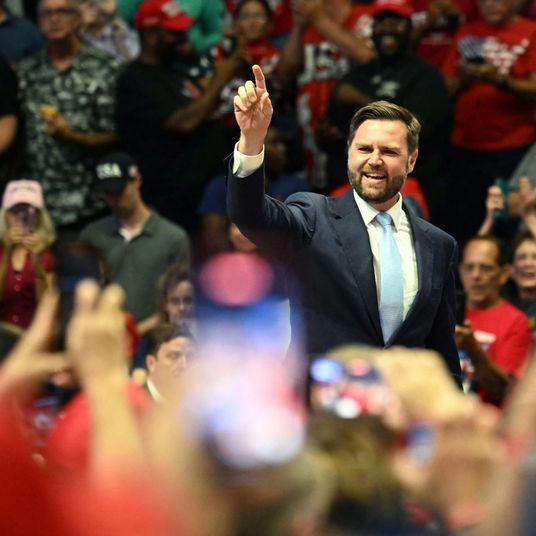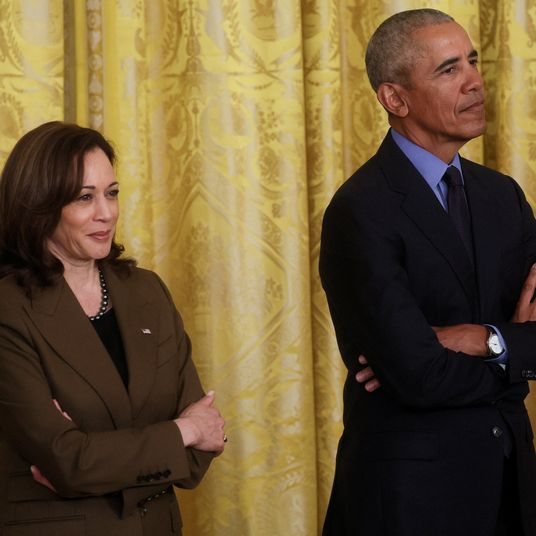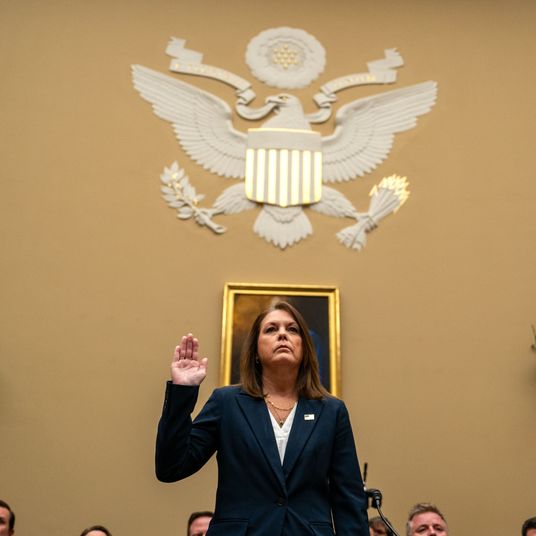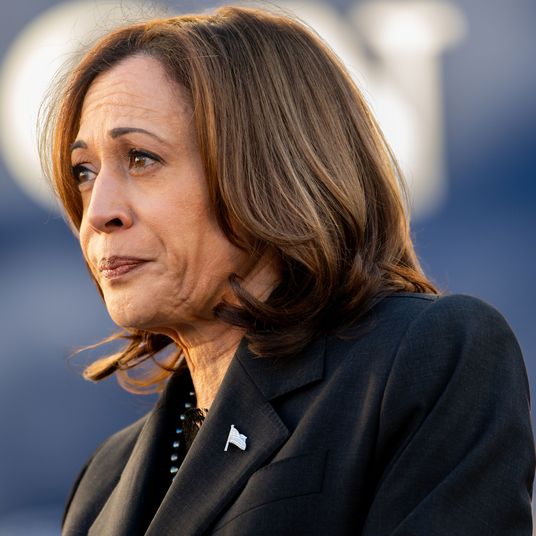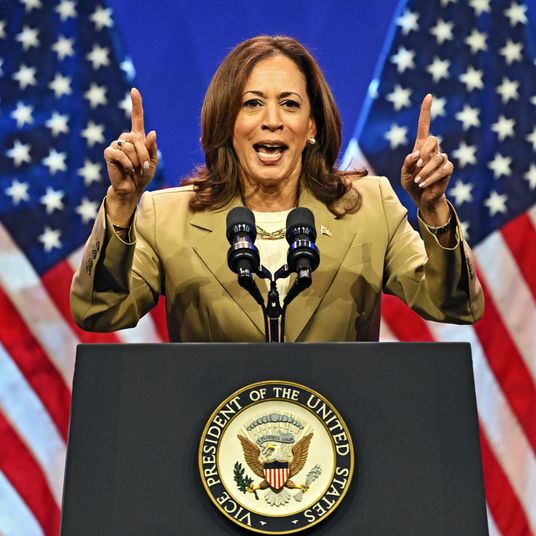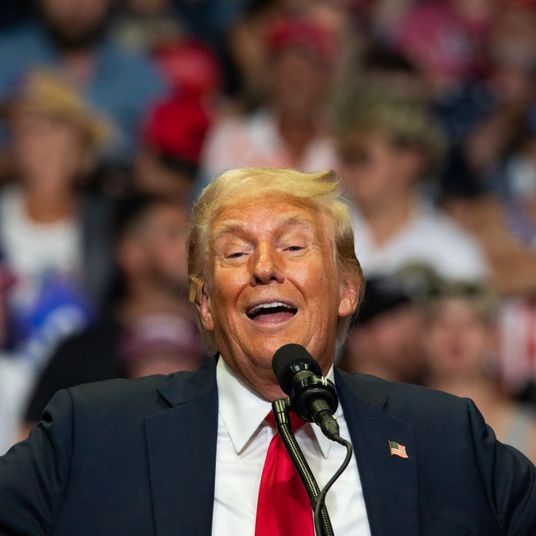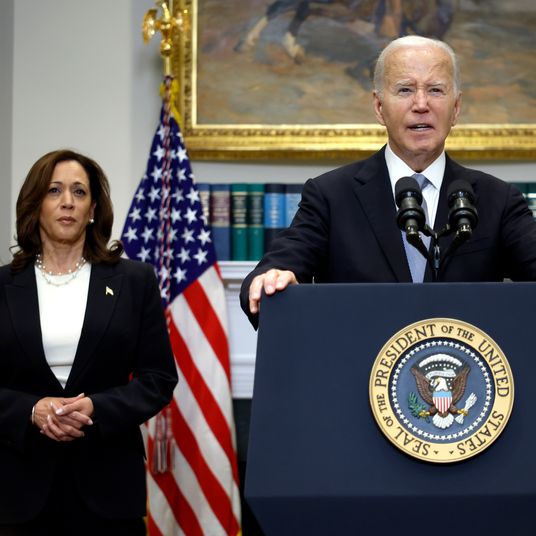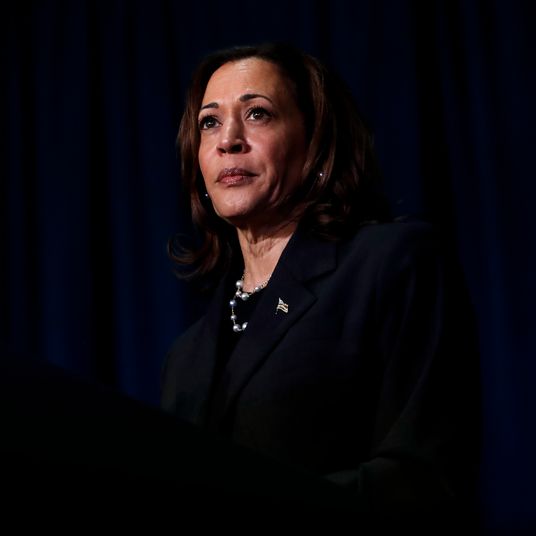
For months, voting-rights advocates have complained that Joe Biden was excessively focused on the bipartisan infrastructure bill and then the Build Back Better package at the expense of their urgent legislative priorities. It was an understandable conclusion, since news media endlessly discussed Biden’s economic agenda — while voting rights appeared to simmer on a back burner in Washington despite emergency conditions created by the Republican stampede toward voter suppression at the state level. Now, with Senate Democrats forcing the issue by scheduling a definitive showdown with Republicans on voting rights in the few days leading up to Martin Luther King Day, Biden and Vice-President Kamala Harris raced down to MLK’s home town of Atlanta, Georgia. In the battleground state, whose own GOP legislature enacted a particularly egregious new election law earlier this year, he expressed his determination to sweep aside the Senate filibuster rules that have allowed the GOP to stonewall the legislation in question.
He also retroactively explained his prior silence, saying: “I’ve been having these quiet conversations with members of Congress for the last two months. I’m tired of being quiet!”
That this gesture may have come a little late to satisfy Biden’s critics was made clear by the fact that a number of voting-rights activists located in Atlanta conspicuously boycotted the speech, as CNN reported:
Cliff Albright, co-founder of Black Voters Matter, and representatives of several voting-rights groups urged Biden and Vice-President Kamala Harris to remain in Washington on Tuesday if they don’t have a clear plan to advance voting-rights legislation. Some of the groups that urged Biden to skip his Atlanta trip are the Asian American Advocacy Fund, GALEO Impact Fund Inc., and New Georgia Project Action Fund.
If this last group sounds familiar to non-Georgians, it’s probably because it’s an arm of the voting-rights group founded by 2018 and 2022 Democratic gubernatorial candidate Stacey Abrams, who cited a scheduling conflict in skipping Biden’s speech as well.
It would be unfair to call the president’s speech a bust, since he did take the occasion to fully abandon his long-standing reluctance to zap the filibuster if it’s necessary (as it now definitely is) to overcome Republican obstruction, saying: “I support changing the Senate rules, whichever way they need to be changed to prevent a minority of senators from blocking actions on voting rights.” And the disdain for the event common among voting-rights advocates did not prevent some important figures from attending, including Rainbow PUSH Coalition founder Reverend Jesse Jackson, National Action Network founder Reverend Al Sharpton, National Urban League president Marc Morial, and NAACP president and CEO Derrick Johnson.
But this reaction from Johnson suggests results rather than rhetoric are expected:
“While President Biden delivered a stirring speech today, it’s time for this administration to match their words with actions, and for Congress to do their job,” Johnson said. “Voting rights should not simply be a priority — it must be THE priority.”
And what that means was made clear by Cliff Albright:
“If [Biden] is saying the next seven days is going to be historic and critical, he’s got to fully lean in after he gives the speech, having the kinds of meetings, finding out from (West Virginia Democratic Sen. Joe) Manchin what exactly it’s going to take, and being very direct and forceful — just as forceful as he has been on infrastructure and on some other issues,” Albright said.
Here was Albright’s zinger: “There’s no sense in having 40 years of Senate experience only to tell us that you can’t whip two votes,” meaning Manchin and Kyrsten Sinema, the stubborn Democratic opponents of filibuster reform.
So: Anything less than what Biden did in Atlanta might have drawn truly dangerous scorn from key elements of his party’s activist base, whose enthusiasm (or lack thereof) for Biden and his party could prove crucial in this year’s midterms. But it’s not at all clear that he can meet the expectations he is now helping to raise for results on voting rights or other progressive priorities.
My advice to Biden and Democratic congressional leaders is that total candor is in order on what they can and cannot do right now, combined with a sober warning of what will happen to every progressive cause — perhaps for a long time — if Democrats lose their trifecta in November. And if Biden happens to have some secret leverage on Joe Manchin, now is the time to exercise it forcefully.







